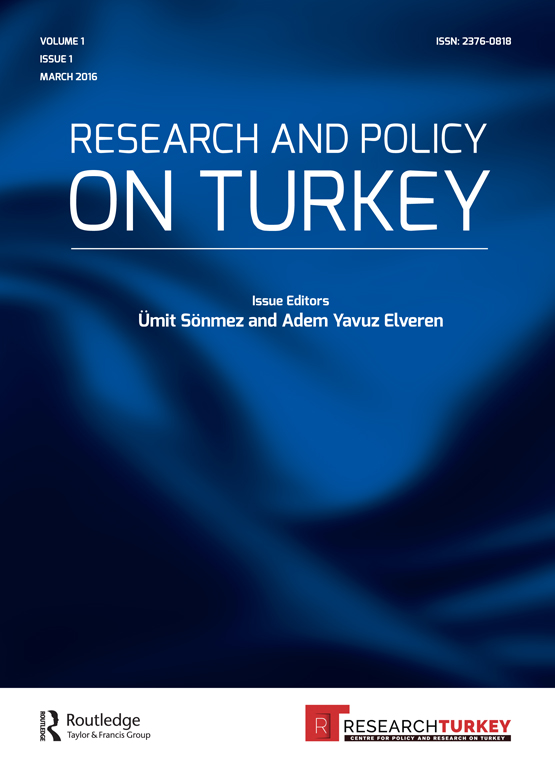The target group of the Summer Academy Freiburg on the ‘Dynamics of institutional change under EU’s toolkit of conditionality: Judicial reform and fighting corruption in Eastern Europe, Western Balkans and Turkey’ are researchers (PhD candidates, Post-docs), policy makers and practitioners.
Main theoretical and empirical research areas are as follows:
- Theoretical concepts and pitfalls of EU’s democracy promotion and compliance in Eastern Europe, Western Balkans and Turkey
- Conceptual and Methodological refinements of external democracy promotion
- Judicial and anti-corruption reforms in reluctant contexts
- Defining troubled contexts: the political, legal and cultural contexts of the CEE, Western Balkans and Turkey
- Constituents of judicial and anti-corruption reforms
- Measuring compliance
- Effects of non-compliance
- Political and institutional actors involved in domestic reforms
- Power elites
- The role of Constitutional Courts
- The role of Judicial Institutions
- Anti-corruption institutions
- The EU’s strategy to strengthen judicial and anti-corruption reform in Eastern Europe, Western Balkans and Turkey
- Assessing pre- and post- accession political conditionality
- Mechanisms and strategies of political conditionality
- Learning by doing? EU’s strategies under review
- Domestic compliance to severe political conditionality
- Adoption versus implementation: institutional building, maintaining and disrupting
- Unintended consequences
- Domestic strategies of derailing compliance
- Lessons Learned
- Tailor-made approaches versus ‘one size fits all’
Conference Venue: Studienhaus Wiesneck of the Institute for Political Education of Baden-Württemberg (www.wiesneck.de)
Conference Date: 31 August – 3 September 2012
Submission Deadline: Abstracts must be received electronically by the chair committee by 25 June 2012. Notification: 30 June 2012
Applications: The recommended length for abstracts is 500 words. They must be drafted in English and must connect an empirical question with a theoretical approach and concept in order to be accepted. Comparative approaches (across countries and across time) are encouraged. Applications for participation should include a short CV (1 page).
Applications will be sent electronically to the chair committee Anitta M. Hipper: anitta.hipper@ies.uni-freiburg.de



